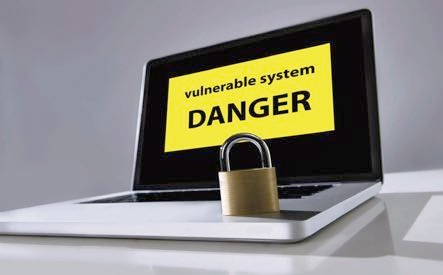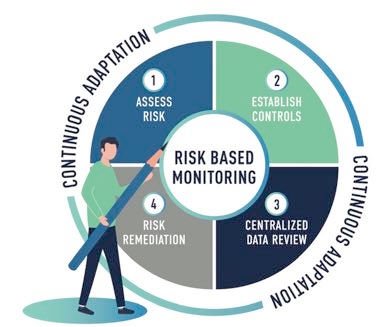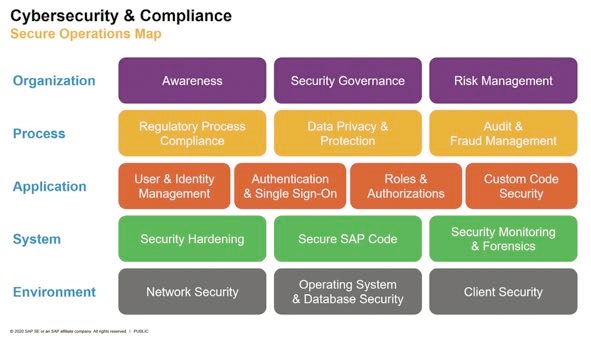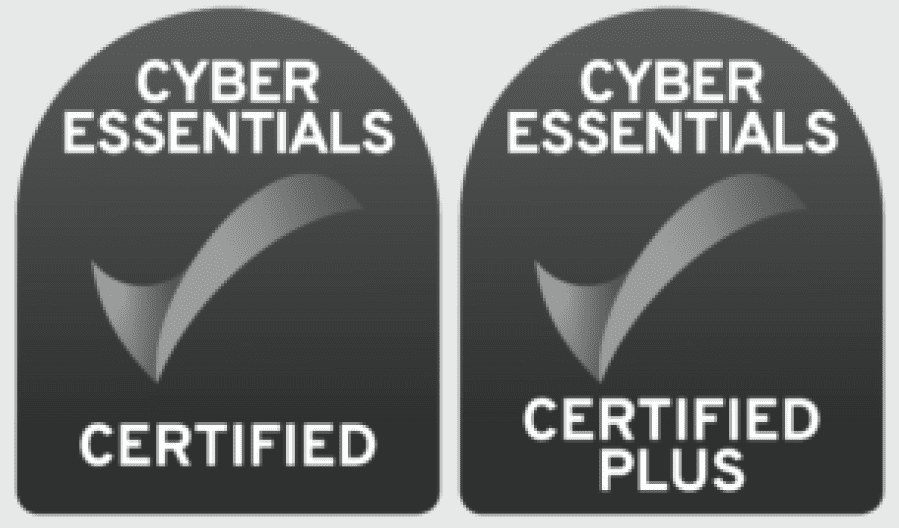Cybersecurity and compliance are two essential components of a secure digital world. With the increasing reliance on technology and the internet, organisations must ensure that they are protected against cyber threats and are compliant with relevant regulations. In the UK, a number of high-profile organisations have suffered from cyber attacks in recent years, highlighting the importance of cybersecurity and compliance. In this article, I look into the importance of cybersecurity and compliance – both which should not be taken lightly.
Cybersecurity refers to the measures that organisations take to protect their digital systems, networks, and information from unauthorised access, use, disclosure, disruption, modification, or destruction. With the rise of cybercrime, it is becoming more important for organisations to implement robust security measures to protect their digital assets. This is particularly important for organisations that hold sensitive information, such as personal data or financial information, as a data breach can have serious consequences for both the organisation and the individuals affected.

Compliance refers to the process of ensuring that an organisation adheres to relevant laws, regulations, and standards. In the UK, organisations must comply with the General Data Protection Regulation (GDPR) and the Data Protection Act 2018 (DPA 2018). These regulations set out the rights and obligations of organisations with respect to the processing of personal data and the protection of privacy. Organisations that fail to comply with these regulations can face significant fines and damage to their reputation.
The importance of cybersecurity and compliance in the UK can be seen by examining recent cyber attacks on UK organisations. Two recent examples of breaches in the UK include:
December 2022/January 2023 – Cyber attackers demanded £15m in ransom money (thought to be cryptocurrency) from 16 British schools which got hacked during the Christmas holidays. With no access to their network, staff were back to the good old pen and paper planning method albeit not for long as systems were being brought back online…
February 2023 – Vesuvius PLC, a London Stock Exchange listed company which is a global leader in molten metal flow engineering and technology suffered a cyber incident where there was unauthorised activity on their network. Possible ransomware attack?

Both of these breaches would have been likely to have been caused by a vulnerability in the organisation’s systems, which would have allowed the attackers to access sensitive information on the network and cause business disruption. This highlights the importance of implementing robust security measures and regularly assessing the security of digital systems to prevent similar attacks from occurring.
Organisations can take a number of steps to ensure that they are protected against cyber threats and are compliant with relevant regulations. Organisations should adopt a risk-based approach to cybersecurity, which means that they should assess the risks associated with the processing of personal data and implement appropriate measures to mitigate those risks. They should also implement effective security measures, such as firewalls, encryption, and access controls, to protect their digital systems and information. Additionally, organisations should have in place processes for incident response and data breach management, so that they are prepared to respond quickly and effectively if a breach occurs.
The importance of cybersecurity and compliance cannot be overstated.
The UK has a robust regulatory framework in place to ensure that organisations comply with best practices and regulations in the field of cybersecurity and data protection. However, as we continue to see cyber attacks on UK organisations like Royal Mail, the message is clear.
Organisations must have proactive measures to protect their digital assets and ensure that they are compliant with relevant regulations.
Organisations must adopt a risk-based approach to cybersecurity, implement robust security measures, and have in place processes for incident response and data breach management to prevent similar attacks from occurring.
Organisations can no longer point the finger solely at 3rd party partners as we have also seen in recent cyber attacks. It’s time for them to wake up and smell the coffee and take accountability.

So in the interest of sharing best practice – here are 10 pointers organisations should implement to ensure cybersecurity compliance:
- Conduct regular security assessments and audits to identify potential risks and vulnerabilities.
- Implement robust access control policies and ensure that only authorised personnel have access to sensitive data and systems.
- Encrypt sensitive data and communications to prevent unauthorised access and theft.
- Regularly update software, systems, and applications to protect against known security threats.
- Educate employees about cybersecurity risks and best practices to reduce the likelihood of successful attacks.
- Develop and implement incident response plans to quickly and effectively respond to security breaches.
- Regularly backup critical data to protect against data loss in the event of a security breach.
- Monitor network activity for unusual patterns or suspicious activity that could indicate a security breach.
- Use multi-factor authentication to add an extra layer of security to sensitive accounts and data.
- Stay informed about current cybersecurity threats and best practices and regularly update your security policies and procedures accordingly.

So here’s my message simply put. Strong cybersecurity is not just about technology, it’s about creating a culture of security and compliance from the top down.








